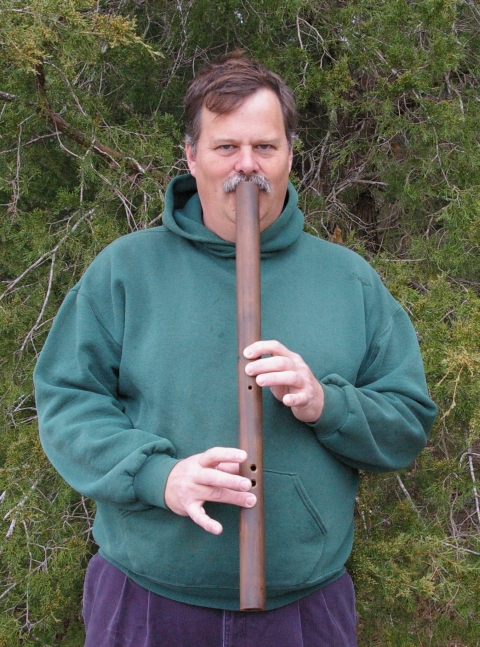What is your story? Do you start out as a hybrid type like me and eventually find your way across the line? Initial buy in price? Dust and danger dislikes?
I find more and more better uses for hand tools all the time. Who knows where this could lead...





 Reply With Quote
Reply With Quote









